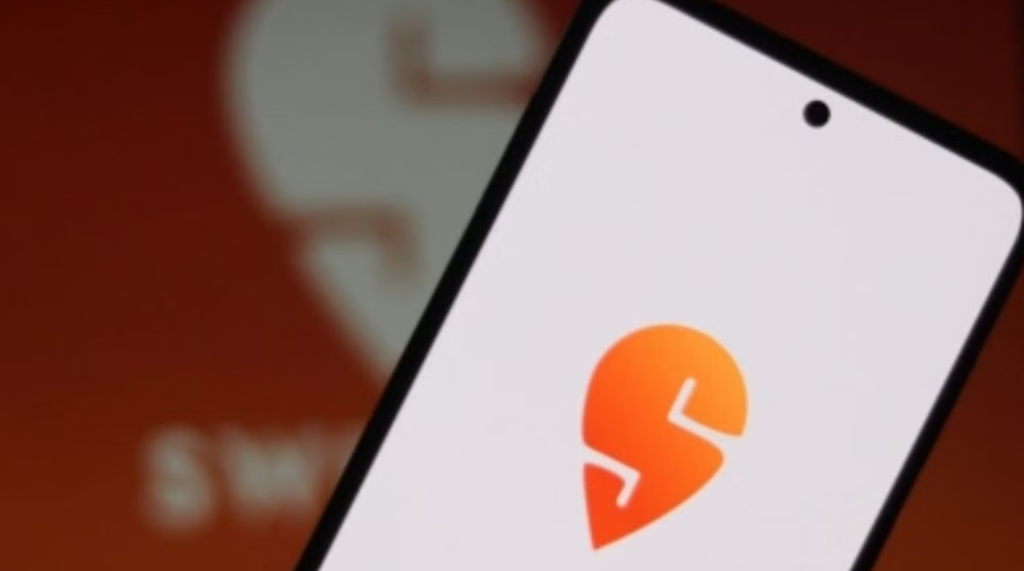Swiggy Launches A Platform Charge To Control Costs In The Face Of An Industry Slump
Swiggy, a food tech titan sponsored by Prosus, has implemented a “platform fee” of Rs 2 for every order for all users, regardless of the value of their carts, as a measure of cost management.
This additional fee has only been applied to food orders; quick-commerce or Instamart orders have not yet been affected, even though it was initially made available to users in cities like Hyderabad and Bengaluru. According to studies, it has not yet been implemented in important cities like Mumbai and Delhi.
Even while Rs 2 may not seem like much, analysts have remarked that over time, this may add up to a substantial sum that Swiggy could use to put back into its operations given that the platform already fulfills over 1.5 million orders per day.
It’s expected that the tax, which was gradually introduced over the past week, would be expanded to other areas. Due to investors’ tighter budgets, Swiggy has been able to accelerate its deadlines for profitability as a result of the shift.
Sriharsha Majety, co-founder and CEO of Swiggy, emphasized that the delivery industry’s slowness was the main driver behind the establishment of the platform charge.

Majesty noted, “The growth rate for food delivery has slowed down versus our projections (along with many peer companies globally)” in an email to staff that also highlighted the elimination of 380 jobs. Although we are fundamentally well-positioned to weather challenging circumstances because of our cash reserves, we cannot use this as a crutch and must keep looking for ways to cut costs to secure our long-term.
Competitor Zomato witnessed a comparable downturn in the industry, as the company’s CFO, Akshant Goyal, noted during the release of the company’s October-December quarter results. Zomato hasn’t yet added any platform fees, though.
The platform fee for Swiggy is a small flat price added to food orders. Swiggy’s cash burn, which, according to HSBC analysts, is substantially higher than what Zomato was burning, will probably be reduced by the addition of extra fees.
In FY2022, Swiggy burned almost Rs 3,900 crore, while Zomato burned Rs 700 crore. However, the latter still holds a larger market share, having surpassed Swiggy since FY20 by 13%, per HSBC analysts.
Zomato’s market share reached 56% by the end of Q4FY23, compared to Swiggy’s 44%. By the end of the current fiscal year, HSBC analysts predicted that Zomato’s market share would likely increase to 57% while Swiggy’s would decline to 43%.
However, analysts noted that the market share fluctuates between the two businesses, which together account for about 95% of the food delivery market, and tends to favor one when a new product is introduced.
Zomato’s income of more than Rs 4,100 crore was less than Swiggy’s of approximately Rs 5,700 crore. A Swiggy spokesperson described the platform fee as a tiny flat fee that is added to food orders and explained that “This fee helps us operate and improve our platform and improve the functionality of the app to provide a smooth app experience.”
Overall, Swiggy’s decision to charge a platform fee is a calculated move to manage expenses and maintain its position as a market leader in food delivery. It is unclear how this fee would influence Swiggy’s profitability and market position given the frequent fluctuation in market share between the two businesses.


